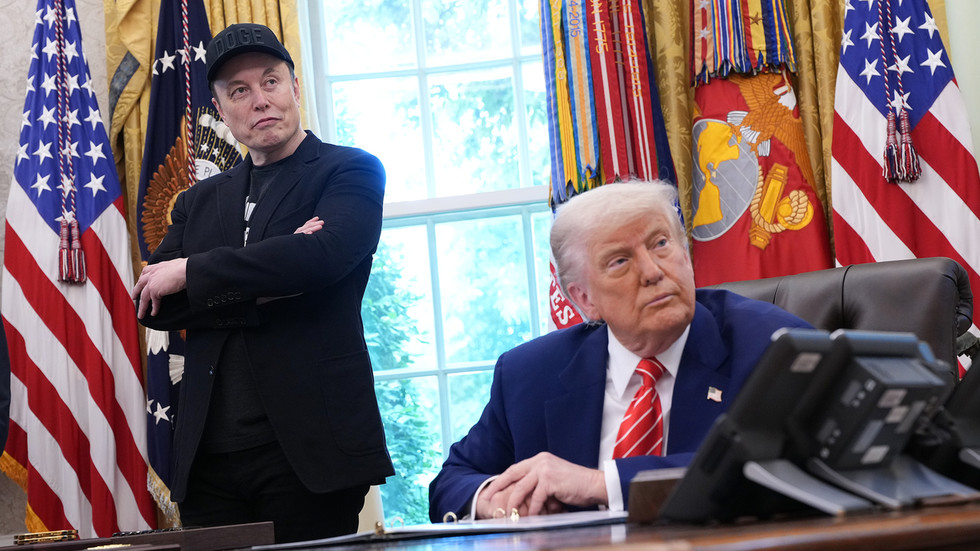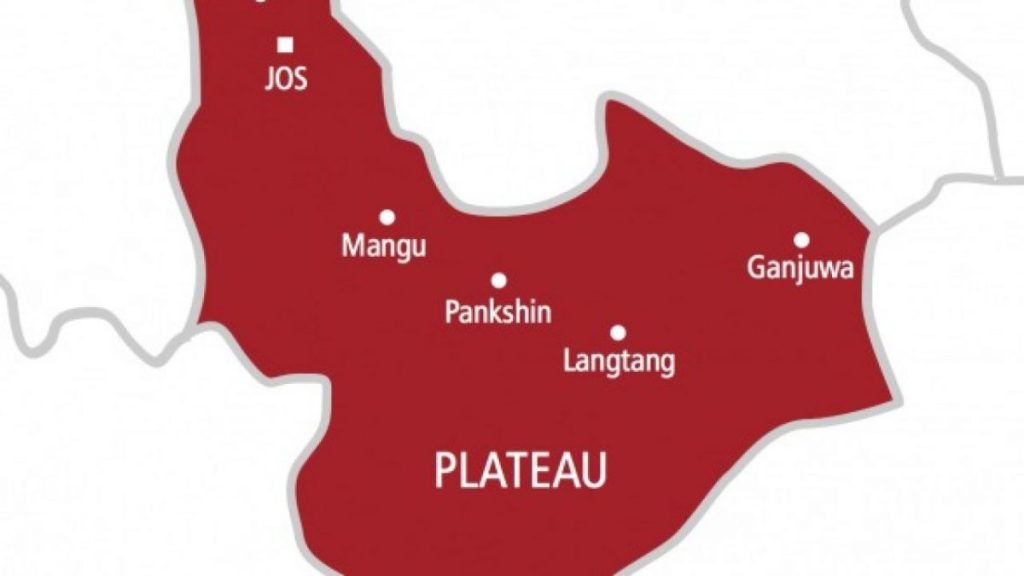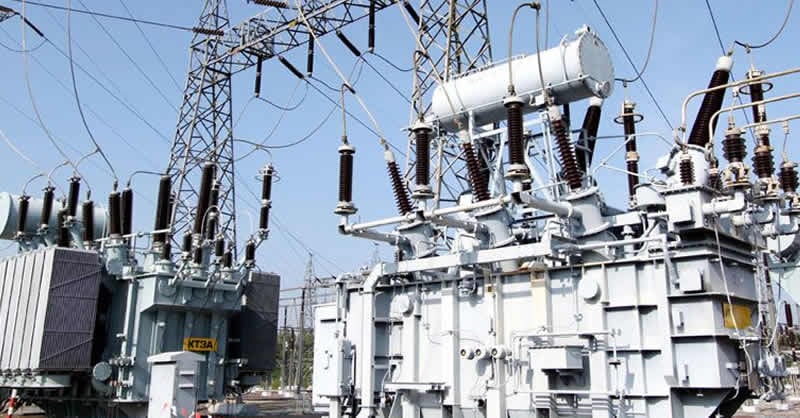Despite Restrictions, Economic Activities Resume in Anambra State
In a surprising twist, economic and commercial activities resumed in some cities across Anambra State in southeastern Nigeria, despite the restriction of movement order put in place ahead of the local government election in the 21 Local Government Areas of the state. Traders in various markets in the state capital, Awka, and other towns expressed mixed opinions about the election, with many indicating that they felt their votes did not count.
Interviews with traders revealed a common theme: lack of awareness about the election and its restrictions. Josephine Ugor, a fruit seller at the popular Upper Iweka market in Onitsha, lamented that she only became aware of the election on the day before it took place. “I needed to sell my fruits before they went bad,” she said. “Thank God there was partial movement of vehicles and humans, and I know I will make more sales before the end of the day.”
Other traders, like Nwamaka Uzor, a bread seller in Ogidi, Idemili North LGA, followed a similar pattern. She acknowledged the election but believed she had to open for business to avoid losses. “I know about the election, but I still have to open for business, those that went to vote will have to buy from me,” she said.
Some traders, like Alfred Kenechukwu, a food vendor in Awka Old Road, Nkpor, near Onitsha, expressed skepticism about the election. “I don’t have faith in this election as there are indications that the transition committee chairmen are being returned as winners,” he said. “Therefore, the election is a formality. It’s so sad what elections have become in this country.”
In the tomato market beside Army Gate along the Onitsha-Awka-Enugu Expressway, commercial activities continued without incident. Nkem Osigwe, a tomato seller, was unaware of the election until she noticed the reduced traffic on the road. “I am not aware any election is taking place today,” she said. “I have to open for business today because I deal on perishable items.”
Our correspondent observed that there was no visible presence of security operatives along the roads, which contributed to the partial movement. Despite the restrictions, the economic activities in the state suggest that traders have found ways to adapt to the situation, prioritizing their businesses over the electoral exercise.



